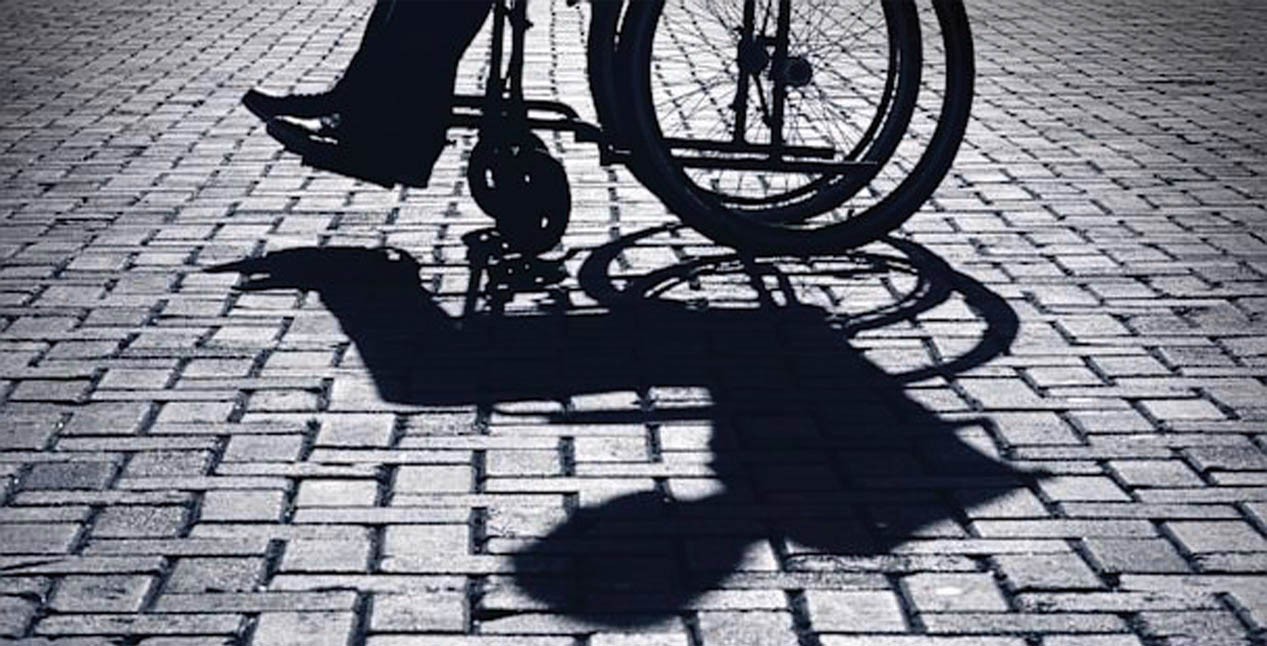
Eradicating polio should be a collective national campaign. Period.

Polio it is again and it seems that for Pakistan the worst news is yet to come. The latest is that the number of polio cases detected this year so far is 202, the highest in fifteen years; it was 199 cases in 2001. And it’s only the beginning of October. It is time perhaps to declare a polio emergency in the country.
By now, everybody knows that Pakistan remains one of the three countries in the world, along with Afghanistan and Nigeria, where polio remains endemic. The latest news of the week with reference to polio in Pakistan comes from our populous neighbour India, which has warned Pakistanis applying for a visa to their country not to use fake polio vaccination certificates. This is a serious offence and could result in permanent denial of visa to whoever commits it, they warn.
This is a follow-up news of the many since the beginning of this year. It began with the WHO statement that Peshawar is the "largest reservoir of polio". Of course, Peshawar it was where people brought their patients from both settled districts as well as tribal areas. Not just that, Pakistanis were said to be exporting the virus to Middle East, China, and other vulnerable countries.
The travel restrictions that came in the wake of this statement were lenient. Then onwards, every Pakistani travelling outside the country had to be administered polio drops and was required to carry a certificate to that effect. There were special counters at the airports, too.
It seems as if the only news that continues to appear with a degree of consistency is the attacks on polio workers, throwing doubts about the whole campaign launched by the government against polio.
But there is good news, too, that does not make it to the media. As Sona Bari, spokeswoman for polio eradication at the World Helath Organization, says there are many successful vaccination drives in the country: In Peshawar, there have been a series of campaigns for a period of twelve weeks and a million IDPs have been vaccinated at the transit vaccination posts. Moreover, religious leaders have formed a National Islamic Advisory Group where they are telling people that it is religious obligation to protect children. Finally, we are not exporting the virus to other vulnerable countries.
But the cases are on the rise. The situation is alarming. There is the problem of access related to security situation and then there is mindset. According to Federal Minister Saira Afzal Tarar, of the 57,000 parents refusing to give polio vaccination to their children, 16,000 parents refused in Swabi district alone. Like in many other issues, the absence of local governments is felt when you talk about polio.
We need creative solutions to eradicate polio. It should be a collective national campaign. Period.